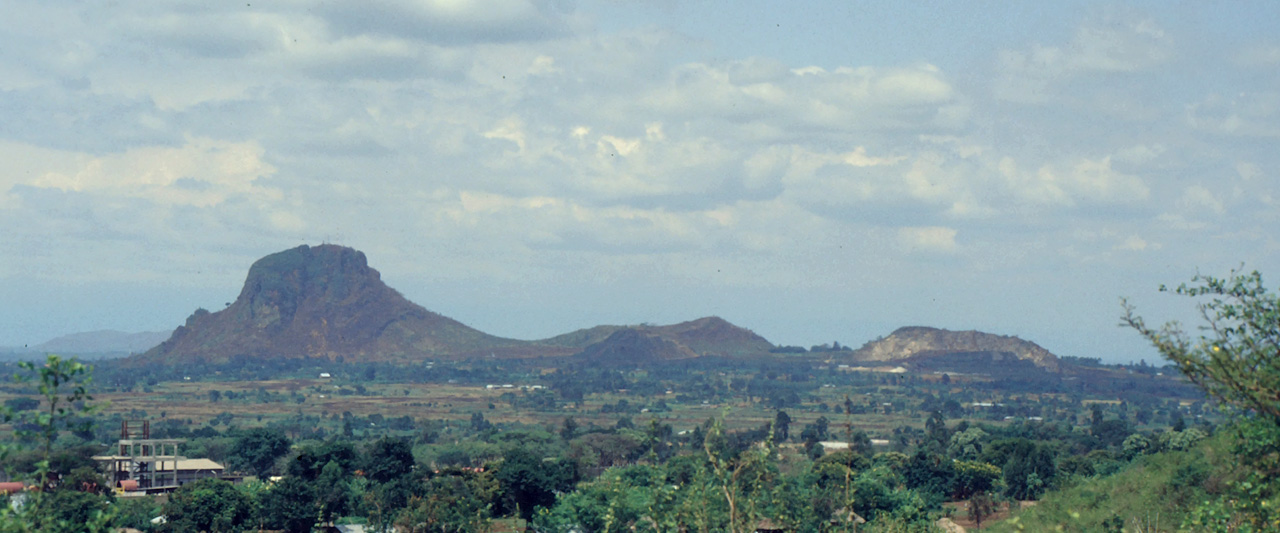By Dr. Odongo Isaac Milton
Senior Quality of Care Advisor and Uganda Country Manager
In the beautiful Tororo District of Eastern Uganda, where Tororo Rock rises in the distance, you can find the Petta Health Centre III—an Ipas supported-facility where clients come from across the region to receive comprehensive and caring abortion services from an Ipas-trained provider.
While there is a history of local government obstruction to these vital services, the community has been pushing back due to sensitization efforts led by Ipas, such as community dialogues and events advocating for abortion access.
For example, when a health committee official discovered that a pregnant 17-year-old girl was requesting an abortion at the facility, she called the police, expecting the girl and attending provider to be arrested. However, the officer in charge declined to take up the case, saying the provider was trained by the Ministry of Health (supported by Ipas) to carry out such procedures. When the case was transferred to the central police station in Tororo Town, the district police commander (DPC) there had already attended a sensitization meeting organized by Ipas, and subsequently refused to arrest the girl or provider, saying that he saw no evidence and no case.
This reporting official next tried to get the attention of the District Health Officer (DHO) but the DHO fully supported the Ipas team, responding that abortion services are necessary to save lives that could be lost through unsafe procedures.
An attempt was then made to mobilize the local community to forcefully evict the provider from the health center. However, the majority of community members refused and responded with stories of girls and young women they knew who had been cared for by the provider, avoiding the harms of an unsafe procedure. One community member was quoted as saying, “We used to have burials every now and then due to unsafe abortions but now we have breathing space.”
Later, after her re-election campaign failed, that same district official reconsidered her opposition and brought her own sister to the same Ipas-trained provider to receive abortion services, which were successfully and safely provided. Ever since, she has been active in referring clients to the Petta facility for abortion services and postabortion family planning.


